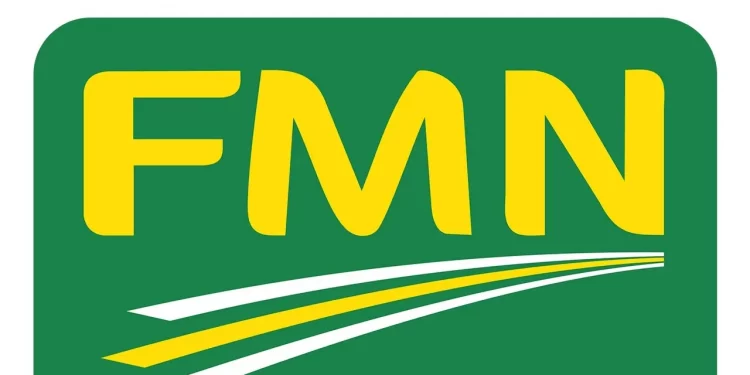Flour Mills of Nigeria (FMN) has reaffirmed its commitment to driving food security and strengthening local content development through sustained investments in agriculture and agro-allied industries.
The Group, which recently marked 65 years of operations in Nigeria, said its long-running “Feeding the Nation Every Day” agenda has been central to reducing dependence on imported raw materials and boosting local production.
Group Chief Executive Officer, Boye Olusanya, described FMN as “more than a company” to Nigeria, but also a strong ally in national growth and development.
“For over six decades, FMN has been a source of livelihood for millions of Nigerian families by providing both direct and indirect employment. And more than any other business in the country, we have guarded our national heritage with trust, ensuring that our activities are sustainable for the country, the environment, and most importantly, for the people,” Olusanya said.
FMN’s agricultural journey began in 1978 with the acquisition of a 10,000-hectare farm in Kaboji, Niger State, aimed at boosting the sugar supply chain and cutting import reliance. Since then, the Group has expanded into the cultivation of maize, wheat, sorghum, cassava, soya beans, palm fruits, and sugarcane, alongside aggregation and distribution of locally sourced grains.
Through its transformative outgrower program and agronomy support systems, FMN disclosed that it has empowered more than 400,000 farmers across Nigeria, providing access to improved inputs, extension services, training, and guaranteed markets. These farmers, in turn, feed into FMN’s food value chain, supplying raw materials for household brands such as Golden Penny Foods.
The company also noted that its subsidiary, Golden Agri Inputs Limited, has developed farming schemes for over 50,000 farmers. The schemes provide high-yield hybrid seed varieties, mechanized farming techniques, storage solutions, and access to structured markets.
Olusanya emphasized that FMN’s efforts are geared towards building a resilient agricultural ecosystem that creates jobs, supports rural livelihoods, and advances food self-sufficiency.
“FMN remains unwaveringly committed to local content development, not just for Nigeria’s self-sufficiency but progressively across the continent,” he said.
With its integrated operations cutting across food, sugar, agro-allied, and support services, FMN said it will continue to invest in initiatives that reduce post-harvest losses, strengthen farmer cooperatives, and expand job opportunities within Nigeria’s food system.










